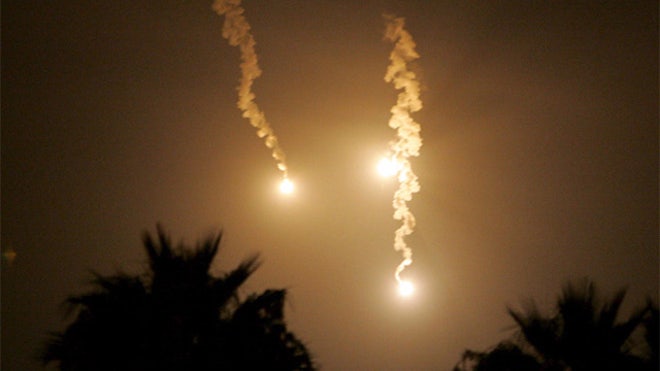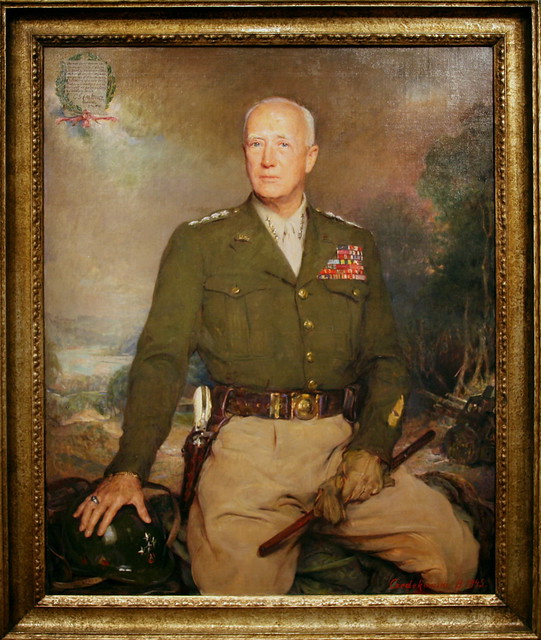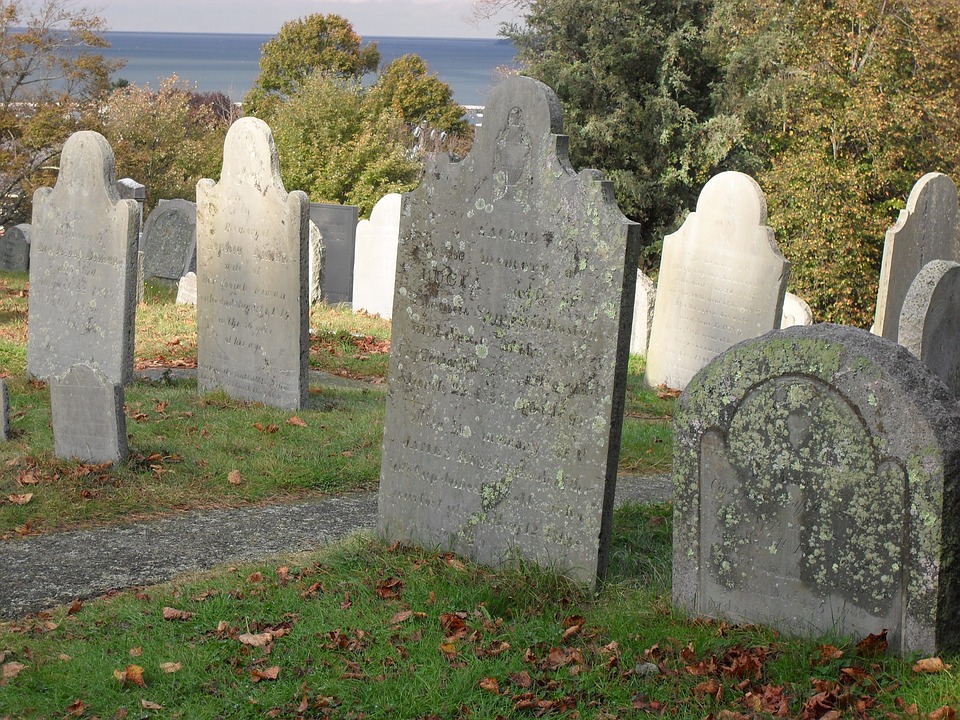When I go musing all alone
Thinking of divers things fore-known.
When I build castles in the air,
Void of sorrow and void of fear,
Pleasing myself with phantasms sweet,
Methinks the time runs very fleet.
All my joys to this are folly,
Naught so sweet as melancholy.
When I lie waking all alone,
Recounting what I have ill done,
My thoughts on me then tyrannise,
Fear and sorrow me surprise,
Whether I tarry still or go,
Methinks the time moves very slow.
All my griefs to this are jolly,
Naught so mad as melancholy.
When to myself I act and smile,
With pleasing thoughts the time beguile,
By a brook side or wood so green,
Unheard, unsought for, or unseen,
A thousand pleasures do me bless,
And crown my soul with happiness.
All my joys besides are folly,
None so sweet as melancholy.
When I lie, sit, or walk alone,
I sigh, I grieve, making great moan,
In a dark grove, or irksome den,
With discontents and Furies then,
A thousand miseries at once
Mine heavy heart and soul ensconce,
All my griefs to this are jolly,
None so sour as melancholy.
Methinks I hear, methinks I see,
Sweet music, wondrous melody,
Towns, palaces, and cities fine;
Here now, then there; the world is mine,
Rare beauties, gallant ladies shine,
Whate'er is lovely or divine.
All other joys to this are folly,
None so sweet as melancholy.
Methinks I hear, methinks I see
Ghosts, goblins, fiends; my phantasy
Presents a thousand ugly shapes,
Headless bears, black men, and apes,
Doleful outcries, and fearful sights,
My sad and dismal soul affrights.
All my griefs to this are jolly,
None so damn'd as melancholy.
Methinks I court, methinks I kiss,
Methinks I now embrace my mistress.
O blessed days, O sweet content,
In Paradise my time is spent.
Such thoughts may still my fancy move,
So may I ever be in love.
All my joys to this are folly,
Naught so sweet as melancholy.
When I recount love's many frights,
My sighs and tears, my waking nights,
My jealous fits; O mine hard fate
I now repent, but 'tis too late.
No torment is so bad as love,
So bitter to my soul can prove.
All my griefs to this are jolly,
Naught so harsh as melancholy.
Friends and companions get you gone,
'Tis my desire to be alone;
Ne'er well but when my thoughts and I
Do domineer in privacy.
No Gem, no treasure like to this,
'Tis my delight, my crown, my bliss.
All my joys to this are folly,
Naught so sweet as melancholy.
'Tis my sole plague to be alone,
I am a beast, a monster grown,
I will no light nor company,
I find it now my misery.
The scene is turn'd, my joys are gone,
Fear, discontent, and sorrows come.
All my griefs to this are jolly,
Naught so fierce as melancholy.
I'll not change life with any king,
I ravisht am: can the world bring
More joy, than still to laugh and smile,
In pleasant toys time to beguile?
Do not, O do not trouble me,
So sweet content I feel and see.
All my joys to this are folly,
None so divine as melancholy.
I'll change my state with any wretch,
Thou canst from gaol or dunghill fetch;
My pain's past cure, another hell,
I may not in this torment dwell!
Now desperate I hate my life,
Lend me a halter or a knife;
All my griefs to this are jolly,
Naught so damn'd as melancholy.












